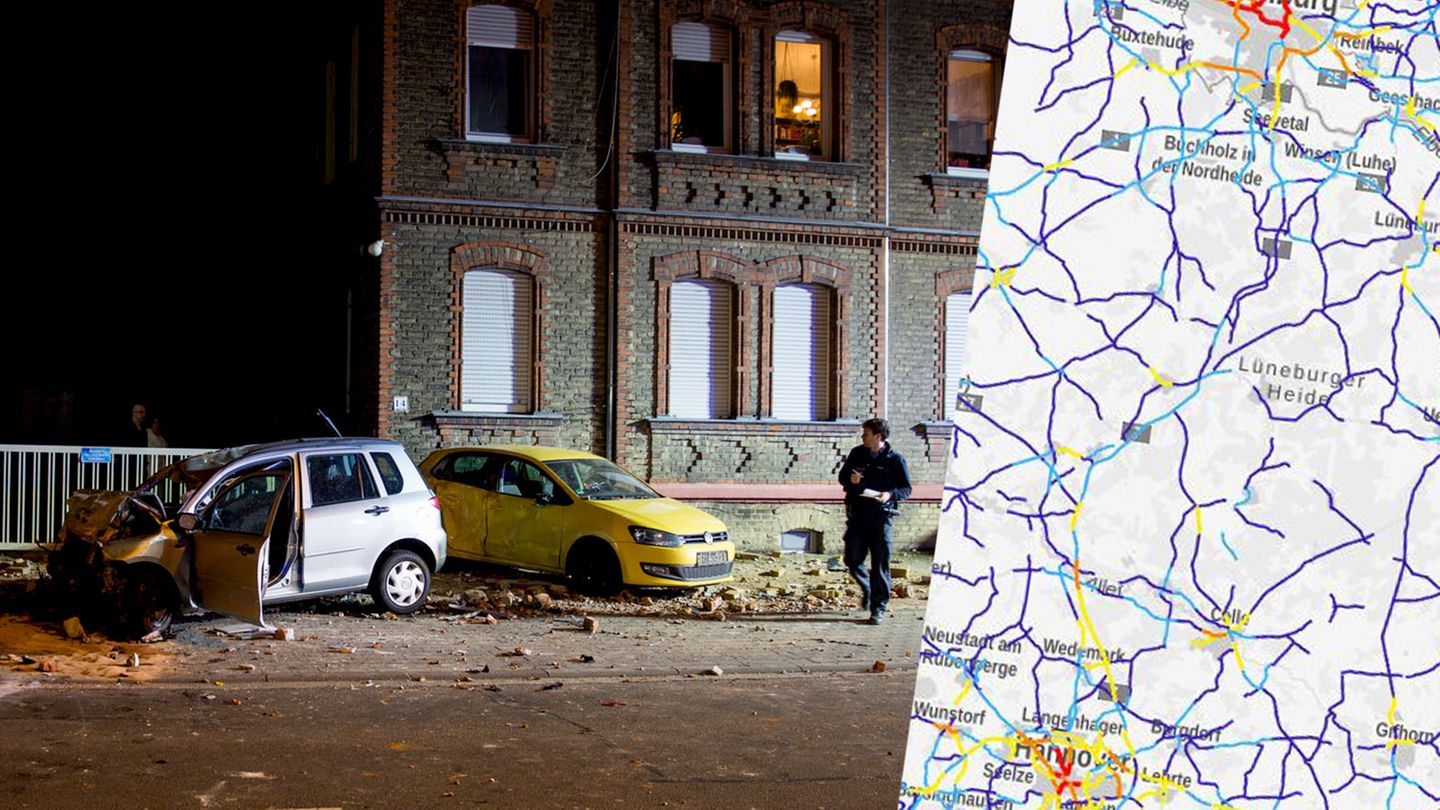The use of rail is expected to become drastically more expensive from 2026, especially for regional transport. Passengers could face higher prices and less offering. Countries react angrily.
Several countries are protesting against the drastic increase in rail usage fees planned from 2026 and are warning of a weakening of local transport. “Such a hefty increase in the rail toll is slowing down the transport transition,” said North Rhine-Westphalia’s Transport Minister Oliver Krischer (Greens) to the German Press Agency. Criticism of the increase in so-called route prices is also the subject of the two-day Transport Ministers’ Conference (VMK), which begins on Wednesday in Duisburg.
As the current VMK chairman, Krischer warned that an increase in the rail toll would make significant parts of local transport unattractive. “The consequence is even more car traffic, even more traffic jams and an even worse climate footprint of traffic.” For NRW alone, an increase in route prices of more than 20 percent from 2026 will mean an additional burden in the three-digit million range. “The federal government must now show willingness to talk about adequate financing for local transport.”
According to Krischer, this also includes a functioning infrastructure, which can be secured through a fund as a new financing instrument. At the Duisburg conference, the states want to put pressure on the federal government to set up a special fund worth billions to finance the aging transport infrastructure.
Countries warn of negative consequences of rail tolls
In the past few days there has also been criticism of the increase in route prices in other federal states. “If this happens, the financing of regional transport in all countries will be in jeopardy,” warned Brandenburg’s Transport Minister Rainer Genilke (CDU). Schleswig-Holstein’s Transport Minister Claus Ruhe Madsen (CDU) said at the end of September: “It cannot be the case that the railways hold out their hand and our rails become more and more dilapidated.”
In August, Bavaria’s Transport Minister Christian Bernreiter (CSU) called on the federal government to present a coherent financing concept for the entire rail network. “The key is a long-term, secured financing perspective – also with regard to planning security for the construction industry. The federal government must invest significantly more money in the rail infrastructure – “and not just in the high-performance corridors, but also in the area,” said Bernreiter.
At the transport ministers’ conference, the federal states wanted to express their dissatisfaction with the enormous route price increases being discussed by the responsible rail company Infrago. These would particularly affect regional transport, for which Infrago applied to the Federal Network Agency for an increase of 23.5 percent. Passengers could face higher prices and less offering. However, the planned route prices must first be approved by the Federal Network Agency.
All companies that use the railway’s infrastructure have to pay the rail toll, including the railway’s transport companies themselves. With the funds from the route prices, the railway finances, among other things, the ongoing costs for operation, maintenance and the group’s investment contributions in the more as a 33,000 kilometer long rail network in Germany.
Source: Stern




